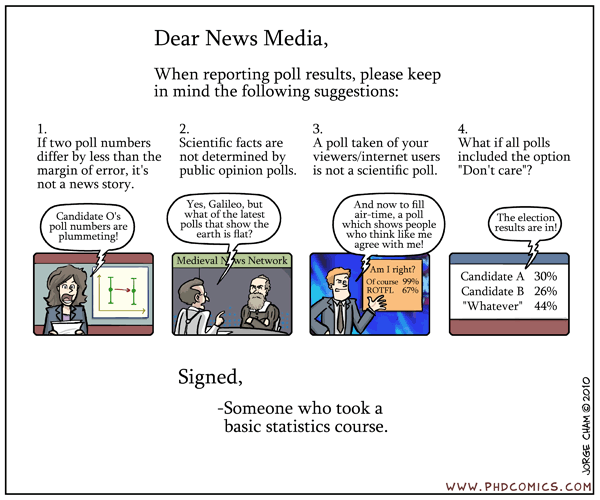便乗値上げという概念の掴みどころのなさについては前に紹介した(便乗値上げの規制)が、さらによく分からない法律ができようとしているという続報があったのでこれも紹介:
A private right of action on price gouging « Knowledge Problem
To that end, “the purpose of this bill is to grant citizens who are victims of illegal price gouging in times of emergency the right to directly sue the responsible party.” The proposal would allow a victim to sue to recover up to “actual damages” or $1000, whichever is greater, and give the court discretion to award a prevailing plaintiff up to $5000 and reasonable attorneys’ fees.
話題になっている法律は、便乗値上げが起きた時に司法(Attorney General)しか訴えを起こせなかったものを、被害者にも可能にするというものだ。「被害者」は「実際の被害」か$1,000のどちらか大きい方で訴えられるようにするそうだ。裁判所はさらに$5,000と弁護士費用を課すこともできるとのこと。
The bill does not specify who is considered a “victim” under the law. I can imagine a few problems that may result.
当然問題となるのは一体、誰が「被害者」で何が「実際の被害」なのかということだ。
the definition seems to apply in cases in which the “victim” incurs the hazard, i.e. could have purchased at other prices but chose to buy from a merchant offering the good or service for a much higher price.
法律の定義によれば、他の商人よりも有意に高い価格で購入すれば「被害者」となるようだが、これは消費者にゲームの機会を与える。消費者はわざと高い商店を探して商品を購入し後で訴えることができる。
what about consumers that would have purchased the good or service but for the unconscionably excessive price at which it is offered?
逆に、高すぎて変えなかった消費者はどうか。彼らもまた「被害者」となるはずだが、それが認められれば商人にとって災害地で商品を提供することのリスクは莫大なものとなる。
Well, nothing in New York’s anti-price gouging law requires merchants to remain open for business during market disruptions associated with declared emergencies. And if remaining open might expose the store to large but hard-to-define liabilities, the store’s owner might reasonably just close up shop.
便乗値上げを防ぐという意味ではこの法律は非常に効果的だ(逆に今までの便乗値上げ規制は実効性がなかった)。しかし、災害時に商品を提供する義務はないので、商人はリスクをとってまで商売をしない。結果は目に見える「便乗値上げ」の害はなくなる代わりに、本来災害時にも供給されていたものが消えてなくなるということだ。
